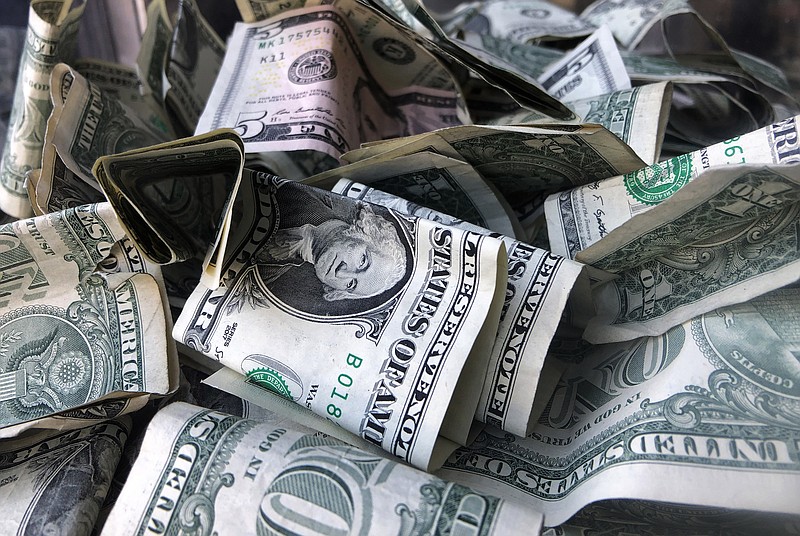Many service and hospitality businesses in Tennessee, already struggling during the pandemic, would be hard-pressed to pay a $15 minimum wage to their lowest-skilled workers. While businesses in states with broader economic bases may be better able to absorb the higher cost of low-skilled labor, our smaller cities would be strained to pay these big-city wages.
If lawmakers pass the proposed 100% increase in the minimum wage, the Congressional Budget Office estimates that 1.3 million low-skilled workers would lose their jobs. These estimates are based on data collected prior to COVID, so they likely understate the effects of a minimum-wage hike during a pandemic. The CBO also projects that business income, consumer prices and GDP will fall.
The damage would be concentrated in states like Tennessee for two reasons. First, accounting for regional variances in the cost of living, a dollar goes much further in Tennessee than in places like New York. Mandating that a low-skilled worker in rural Tennessee be paid the same as someone in New York City actually means that businesses in Tennessee will be paying low-skilled workers more than workers in New York City.
The second reason Tennessee would be hard hit by a $15 minimum wage is due to its unique economic landscape. Tennessee is broadly comprised of small rural communities, with the aforementioned low cost of living, intermixed with cities heavily reliant on tourists or college students. Service industries, currently paying waiters, cooks, bellhops, and recreation attendants below $10 an hour, offer some of the best opportunities available to low-skilled workers. Businesses in these industries would find it difficult to afford $15 an hour even if there wasn't a pandemic.
A minimum wage offers well-intending policymakers the alluring but damagingly false hope of driving up the wages of these workers without improving their productivity. But the reality of why some low-skilled workers don't earn $15 an hour is far more complicated than a silver-bullet solution.
Some low-skilled workers simply do not generate $15 in productivity for their employers. The reasons vary, but poor K-12 education and an unfair criminal justice system certainly contribute to low-productivity. Low pay may also reflect the types of workers being employed. The typical high school student, high school dropout, rehabilitated prisoner or recent immigrant can hardly expect to be worth $15 an hour. But, as they acquire new skills, they can increase their productivity and command a higher wage. Cutting off the bottom rungs of the economic ladder to these low-skilled workers denies them their best opportunity to improve their circumstances.
Reviews of the vast scientific literature on the minimum wage confirm the above; the minimum wage is very ineffective at helping the poor. When the minimum wage is raised above low-skilled workers' productivity, employers let go of their least-skilled workers and hire higher-skilled workers worth the new minimum wage. Additionally, low-skilled workers are replaced with automation where possible, raising prices for goods utilizing low-skilled workers such as groceries and reducing fringe benefits. Restaurants struggling to pay the minimum wage may even cut corners elsewhere, such as in food safety. Most concerning, the adverse effects of minimum wages, both historically and modernly, tend to fall heaviest on African Americans.
Policymakers looking to help low-skilled workers ought to pursue reforms with a more proven track record, such as improving K-12 education or improving the criminal justice system.
Dr. Daniel J. Smith, director of the Political Economy Research Institute at MTSU and an associate professor of economics in the Jones College of Business, is also the senior fellow for fiscal and regulatory policy at the Beacon Center of Tennessee.
